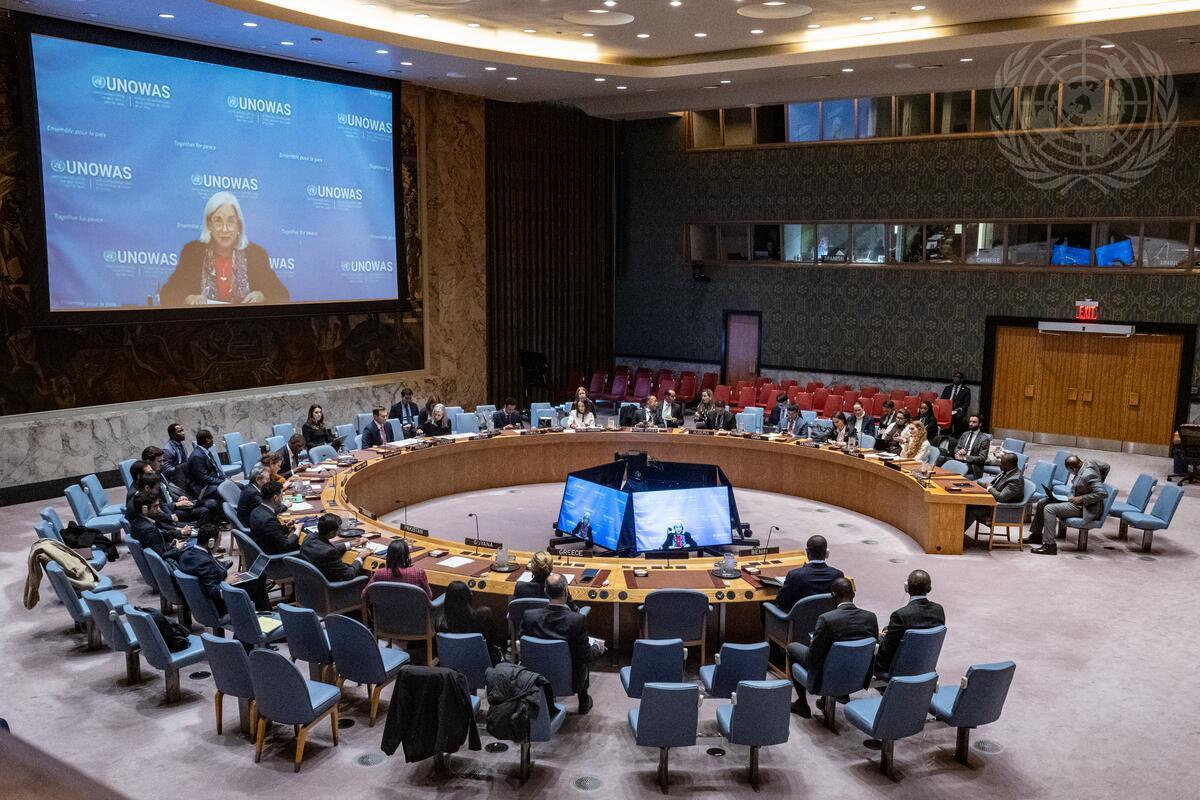Climate change is "a fundamental threat" to human security in the Sahel region of Africa; that's according to Mohammed Ibn Chambas, the head of the UN Office for West Africa (UNOWA).
He was briefing the UN Security Council on Thursday on the impact of climate change and desertification on peace and security efforts.
Daniel Dickinson reports.
The Security Council heard that both climate change and desertification are amongst the factors contributing to conflict in the Sahel, a region which stretches from Senegal in the west to the Horn of Africa on the east coast of the continent.
Speaking via videoconference from Niamey in Niger, UNOWA chief Mohammed Ibn Chambas, pinpointed the consequences of climate change.
"It directly effects, through its impact on societies and their livelihoods, security, development, and stability. In this context, climate change becomes a fundamental threat to human security."
The Sahel is currently experiencing a severe drought, worsening the problems of land degradation and desertification.
The resulting lack of food can trigger displacement and increase the risk of conflict.
Daniel Dickinson, United Nations
Duration: 53"






